Leone’s Chronicle: The feud between religious rights and the LGBT community
The Supreme Court began hearing the arguments for the case Masterpiece Cakeshop v. Colorado Civil Rights Commission on Dec. 5. The lawsuit began after Jack Phillips, a devout Christian, declined to create a wedding cake for a gay couple, David Mullins and Charlie Craig. He offered to sell the couple any other premade cakes as he did not feel comfortable customizing a cake endorsing a lifestyle which went directly against his religious beliefs.
Proponents of Mullins and Craig argue that a ruling set by the Supreme Court in favor of Masterpiece Cake Shop would allow people to reject serving others in restaurants, hotels, and other markets. To prevent this, the court needs to create a precedent narrow enough to protect religious freedoms but not wide enough to overturn Heart of Atlanta Motel Inc. v. US and the anti-discrimination laws in the Civil Rights Act, both of which made equal service in restaurants, hotels and public accommodations.
Mullins and Craig’s counsel has successfully painted Phillips as a vindictive bully and bigot. Phillips however, behaved very reasonably. He politely declined making the cake for Mullins and Craig, then offered to sell them any other. The couple screamed, cussed, and made obscene gestures at the bakery employees, reported Fox Business. For weeks afterwards, Masterpiece Cakeshop was harassed with phone calls insulting Phillips with terrible names and taunting his faith.
The couple’s behavior was despicable. Phillips is a man of faith who wants to design his cakes and live his life, not to be at the center of the massive national spotlight. He treats every customer with respect, even if their desired cakes do not align to his religion.
Masterpiece Cakeshop v. Colorado Civil Rights Commission is so much more than religious bakers versus the LGBT community. This case is about the right of religious liberty and freedom of speech. To command an artist to create a work expressing views he does not endorse is blatant bullying. It is wrong to force a gay baker to design a cake pushing an anti-LGBT agenda. Bakers have certain parameters about what cakes they will or will not make, and nobody has had a big problem with it until now.
It is so much more important to protect freedom of expression than the right to a cake. Although Phillips is instructed by clients on what cake to make for each occasion, he still expresses himself through his unique style. Phillips isn’t asking for any extra rights. He simply wants to use his artistic abilities in a way that is consistent with his personal beliefs.
Issues with forced expression in the Supreme Court has come up just like this in the past in the court case Wooley v. Maynard. The words “Live Free or Die” are stamped on the New Hampshire license plates. Jehovah’s Witnesses successfully took the issue to court and were allowed to reject the view they do not hold by covering the word up with tape. Religiously, the Jehovah’s witnesses didn’t feel free, and the courts recognized it. The precedent set in Wooley v. Maynard allowed for increased religious freedom over forced expression, similar to what Philips’ lawyers are asking for.
In a capitalist society like our own, selling goods is an agreement where both parties consent to trade. However, Mullins and Craig are arguing they deserve the ability to demand a wedding cake without the consent of the other party. This idea of forcing labor against consent is deranged and un-American. It’s why companies have the right to refuse service.
Nobody is entitled to a wedding cake. Nobody deserves to be forced to labor. But a ruling in favor of Mullins and Craig would lead to exactly that: artists being forced to create works that jeopardize their own personal views.



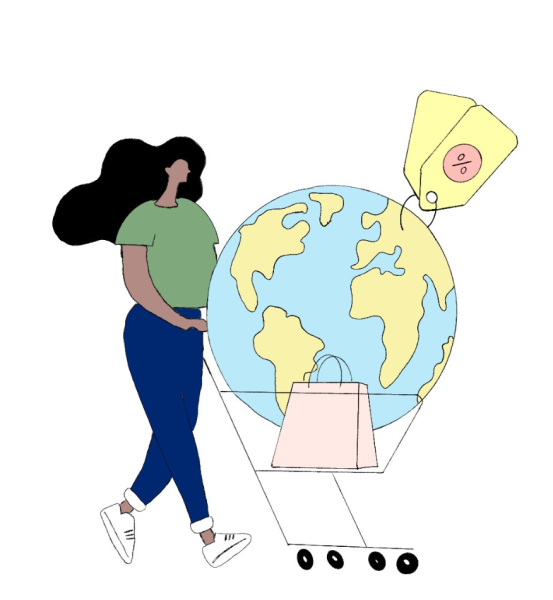
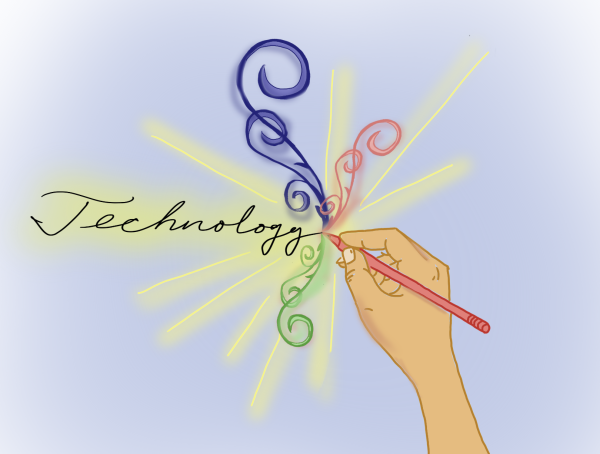
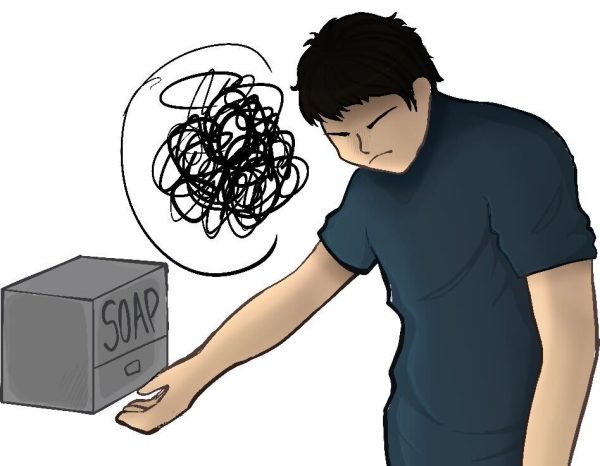
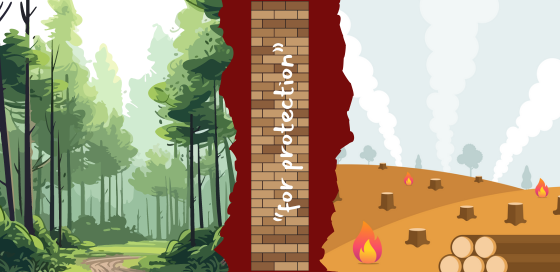

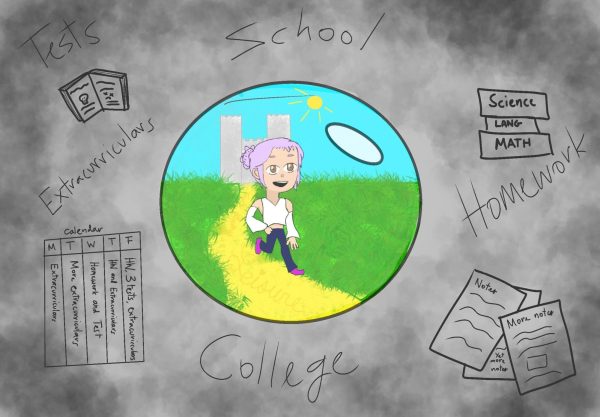

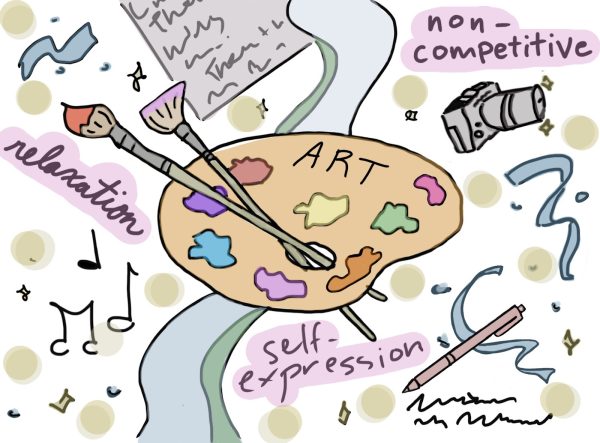
Lembah Cirendeu • Apr 27, 2023 at 8:43 am
good article
Alpianti • Apr 13, 2018 at 7:42 am
and is there a solution to avoid a Clash between religious rights and the LGBT community?